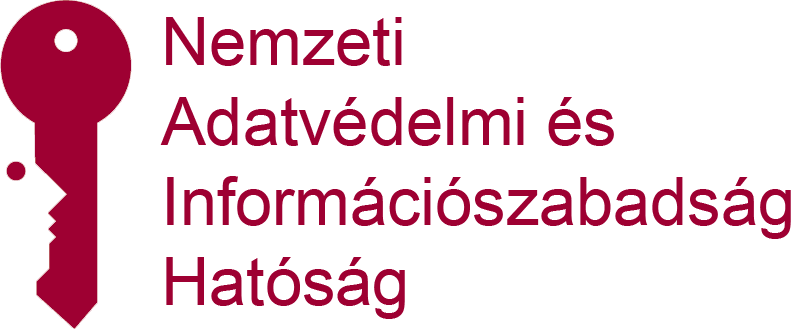Under EU law, national courts are obliged to also take into account convictions in other EU countries. ECRIS, a decentralised system for exchanging information on previous convictions between the Member States, supports this process.
The European Criminal Records Information System (ECRIS) was established in April 2012 in order to improve the exchange of information on criminal records throughout the EU. All EU countries are currently connected to ECRIS.
ECRIS:
- ensures that information on convictions is exchanged between EU countries in a uniform, fast and compatible way
- provides judges and prosecutors with easy access to comprehensive information on the criminal history of persons concerned, including in which EU countries that person has previously been convicted
- removes the possibility for offenders to escape the consequences of their previous convictions in another EU Member State
ECRIS allows the authorities to obtain information on EU nationals. However, it is currently not possible to easily find information on previous convictions of non-EU nationals. To obtain this information, the respective EU countries have to be contacted one by one.
In 2017, the European Commission presented a proposal for a Regulation to establish a centralised ECRIS-TCN system that will be operated by the EU Agency for large-scale IT-systems (eu-LISA). An agreement on this Regulation was reached in the spring of 2019. Regulation (EU) 2019/816 of the European Parliament and of the Council of 17 April 2019 establishing a centralised system for the identification of Member States holding conviction information on third-country nationals and stateless persons (ECRIS-TCN) to supplement the European Criminal Records Information System and amending Regulation (EU) 2018/1726 establishes the ECRIS-TCN system for the identification of Member States holding conviction information on third-country nationals. The system is currently in development.
ECRIS-TCN, once set up, will be a centralised system that allows Member State's authorities to identify which other Member States hold criminal records on the third country nationals or stateless persons being checked, so that they can then use the existing ECRIS system to address requests for conviction information only to the identified Member States. ECRIS-TCN works on a “hit/no hit” basis, i.e., the system consists of the identity data (alphanumeric and biometric data) of all third country nationals convicted in the Member States. A search mechanism allows Member States to search the index online. A “hit” identifies the Member State(s) that have convicted a particular TCN. The identified Member State(s) can then be requested to provide full criminal records information through the established ECRIS.
Further information:


